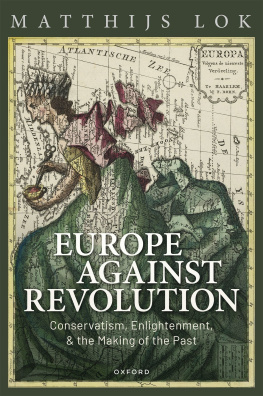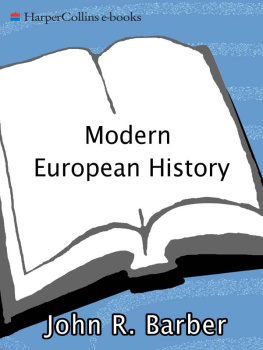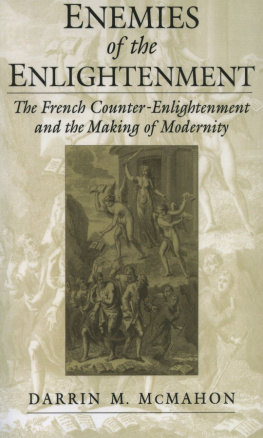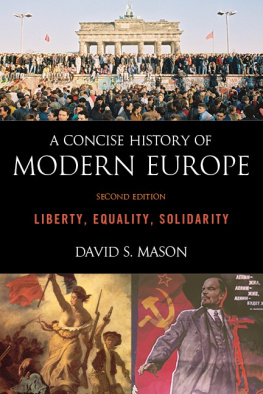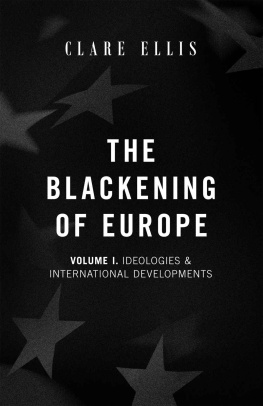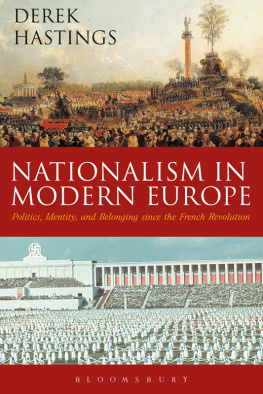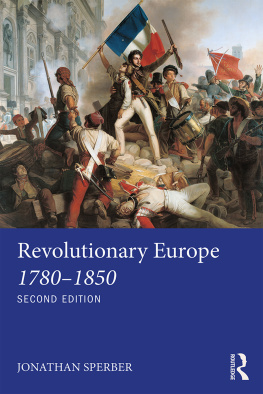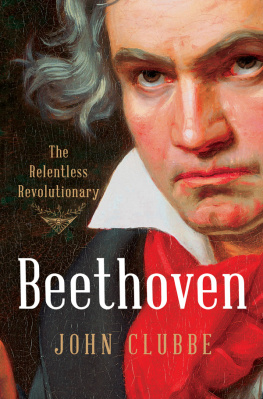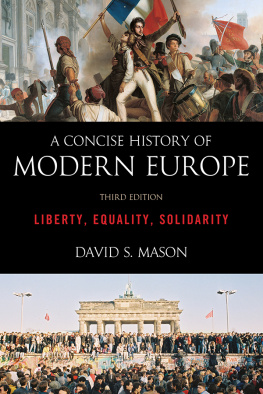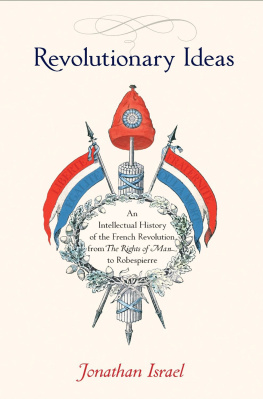Oxford University Press is a department of the University of Oxford. It furthers the Universitys objective of excellence in research, scholarship, and education by publishing worldwide. Oxford is a registered trade mark of Oxford University Press in the UK and in certain other countries
All rights reserved. No part of this publication may be reproduced, stored in a retrieval system, or transmitted, in any form or by any means, without the prior permission in writing of Oxford University Press, or as expressly permitted by law, by licence or under terms agreed with the appropriate reprographics rights organization. Enquiries concerning reproduction outside the scope of the above should be sent to the Rights Department, Oxford University Press, at the address above
You must not circulate this work in any other form and you must impose this same condition on any acquirer
Links to third party websites are provided by Oxford in good faith and for information only. Oxford disclaims any responsibility for the materials contained in any third party website referenced in this work.
Acknowledgements
Like the writings studied in this work, this book is a cosmopolitan endeavour, firmly rooted in a local context. Most of the research over the past decade has been done in the research time allotted to me by my employer, the University of Amsterdam. I have been supported financially in various ways by the Amsterdam Institute for Humanities Research (AIHR), the Amsterdam School for Regional, Transnational and European Studies (ARTES), and the Amsterdam Centre for Contemporary European Studies (ACES). The cosmopolitan atmosphere of the Amsterdam European Studies department provided the institutional context. This interdisciplinary and multilingual department, populated by historians, literary specialists, lawyers, political geographers, political scientists, and economists, forms a twenty-first-century embodiment of the late eighteenth-century enlightened ideal of integrally studying Europe in its entirety rather than from one perspective.
I have been able to write chapters during sabbaticals accorded me by the Faculty of Humanities. Particularly useful was a research stay at the Netherlands Institute for Advanced Studies (NIAS) in the spring of 2020, which was unfortunately cut short by the COVID-19 pandemic. Notwithstanding, I would like to thank the fellows of the year group 201920, in particular Marijn Kruk, Mirjam Knkler, Anouk de Koning, Nadim Rouhana, Jean-Marc Dreyfus, and Luigi Corrias, and the excellent hosts Jan Willem Duyvendak and Fenneke Wekker, for their encouragement of slow science, as such was this book project.
Even in times of COVID, I benefitted from a research fellowship at the Lichtenberg Kolleg and Moritz Stern Institute in Gttingen (Autumn 2021, as guest of Martin van Gelderen), followed by an ETEE exchange in Leuven (Autumn 2022, hosted by Patrick Pasture and Gustavo Mller). Research trips have been made to London (British Library and the National Archives), Brussels (Koninklijke Bibliotheek), Rome (KNIR Royal Netherlands Institute and Vatican Library), Oxford (Bodleian Library), Vienna (sterreichische Nationalbibliothek), Berlin (Staatsbibliothek zu Berlin), Paris (Bibliothque nationale de France and Archives nationales), Groningen (University Library), Den Haag (Koninklijke Bibliotheek), and Amsterdam (University Library) and I am grateful for the assistance of the staff of these institutions.
The book is as much the result of social interaction as it is an individual achievement. First of all, I am grateful to the co-conveners of the Amsterdam-Utrecht(-Groningen) Global Intellectual Seminar for providing the best possible, enjoyable, academic environment for conducting intellectual history: Annelien de Dijn, Boyd van Dijk, Ren Koekkoek, Camille Creyghton, Lucia Admiraal, Arnab Dutta, and Lissa Kattenberg. I have discussed my research with the many renowned scholars from around the world who have accepted our invitation to speak at the seminar, among them David Armitage, Jennifer Pitts, Georgios Varouxakis, Richard Whatmore, Isaac Nakhimovsky, Shruti Kapila, Andrew Fitzmaurice, Dominic Sachsenmaier, and Stella Ghervas. Special thanks go to Darrin McMahon who has supported my writings and projects over many years and in many ways, and whose Enemies of the Enlightenment (OUP, 2001) formed an important inspiration for this book project.
The book has been shaped by the various conferences I organized in the preceding years and the collaborative research projects I was involved in, which covered various aspects related to the theme of this book. In 2018, Juliette Reboul and I organized the conference on cosmopolitan conservatism in the monastic Ravenstein conference centre of the Radboud University, attended by many leading scholars in the field. This conference resulted in the Brill volume (2021), co-edited with Friedemann Pestel, which can be regarded as a companion to the present book. In 2016, Ido de Haan and I organized a workshop on the politics of moderation, attended by the main authority on the subject, Aurelian Craiutu, who has continued to provide intellectual encouragement. This workshop also culminated in an edited volume (published by Palgrave in 2019). Collaboration with Lotte Jensen resulted in a workshop on Early Modern Europeanisms in 2014 in Amsterdam.
Furthermore, panels were held at the conferences of the Council for European Studies (Amsterdam 2013, Washington 2014) and the Consortium of the Revolutionary Era (Atlanta 2019 and online 2021). I thank the participants. With European Studies colleagues Robin de Bruin and Marjet Brolsma, moreover, I edited a volume on Eurocentrism in History and Memory (AUP 2019), in honour of Michael Wintle, which includes many contributions that deal with topics in this study. I particularly thank Stefan Berger for his chapter on European historiography. With Joris van Eijnatten, I edited a special issue on the global Counter-Enlightenment, with contributors from all over the globe. With Iason Zarikos and Carolina Armenteros, I am currently editing volumes on conservatism and the making of Atlantic monarchism, to be published by Bloomsbury Publishing. Lectures on the separate chapters have been given all over Europe and the Americas. I thank all participants for their invitations, comments, and suggestions.
My special thanks also to Annelien de Dijn, for organizing a manuscript workshop in the Autumn of 2020, a truly intensive experience that greatly improved the manuscript and clarified the argument. Chapters in various stages have been critically read and commented upon by Annelien de Dijn, Ren Koekkoek, Camille Creyghton, Floris Solleveld, Beatrice de Graaf, Annie Jourdan, Ido de Haan, Wyger Velema, Ele de la Porte, Morgan Golf-French, Martin Gierl, Michael Wintle, Robin de Bruin, Marleen Rensen, Marjet Brolsma, Joep Leerssen, Friedemann Pestel, Tom Verschaffel, Robbert-Jan Adriaansen, Michiel van Dam, Lien Verpoest, Alicia Montoya, Carolina Armenteros, and Jan Drentje. Of course, I am solely responsible for the result. Useful comments have, moreover, been made on various occasions by Emily Jones, Brian Vick, Quentin Skinner, Erik de Lange, Ozan Ozavci, Theo Jung, Jrn Leonhard, Remieg Aerts, Glauco Schettini, Amerigo Caruso, Wessel Krul, Hanco Jrgens, Niek van Sas, Ambrogio Caiani, Iason Zarikos, Till van Rahden, Pauline Kleingeld, Laurent Nagy, Emmanuel Fureix, Birgit Aschmann, Martina Steber, Matthew dAuria, Jan Vermeiren, Olivier Tort, and Monika Bar. No doubt other names should be added to this list.

